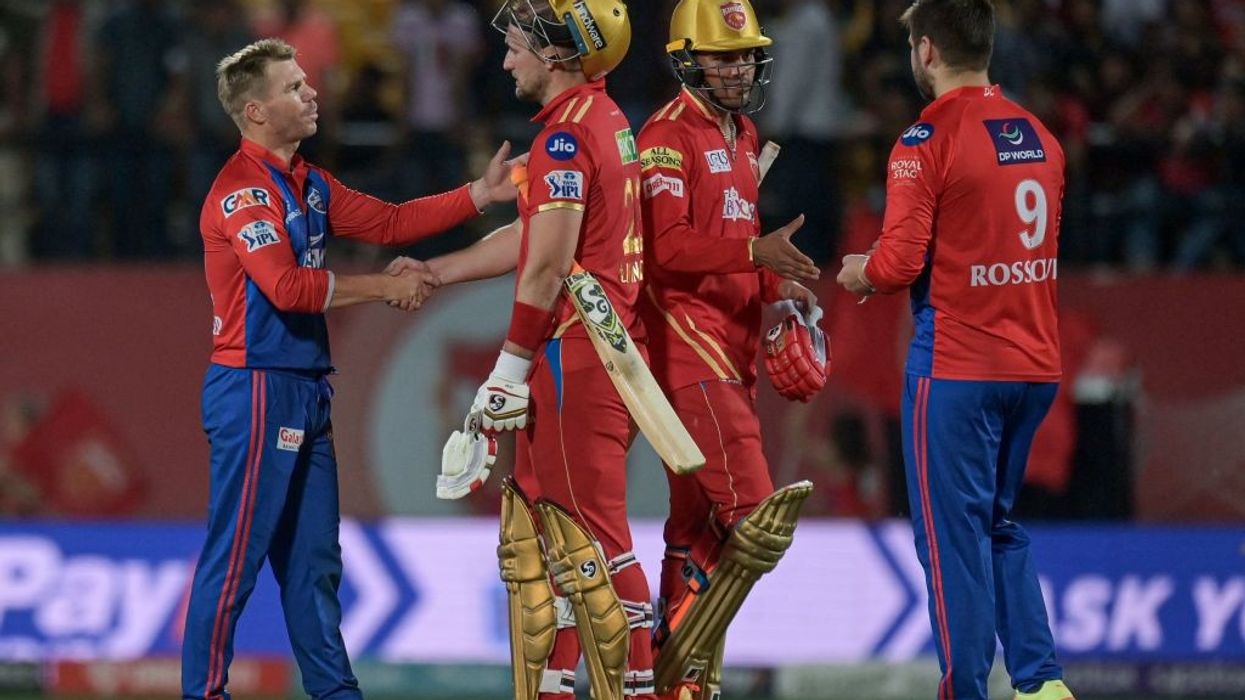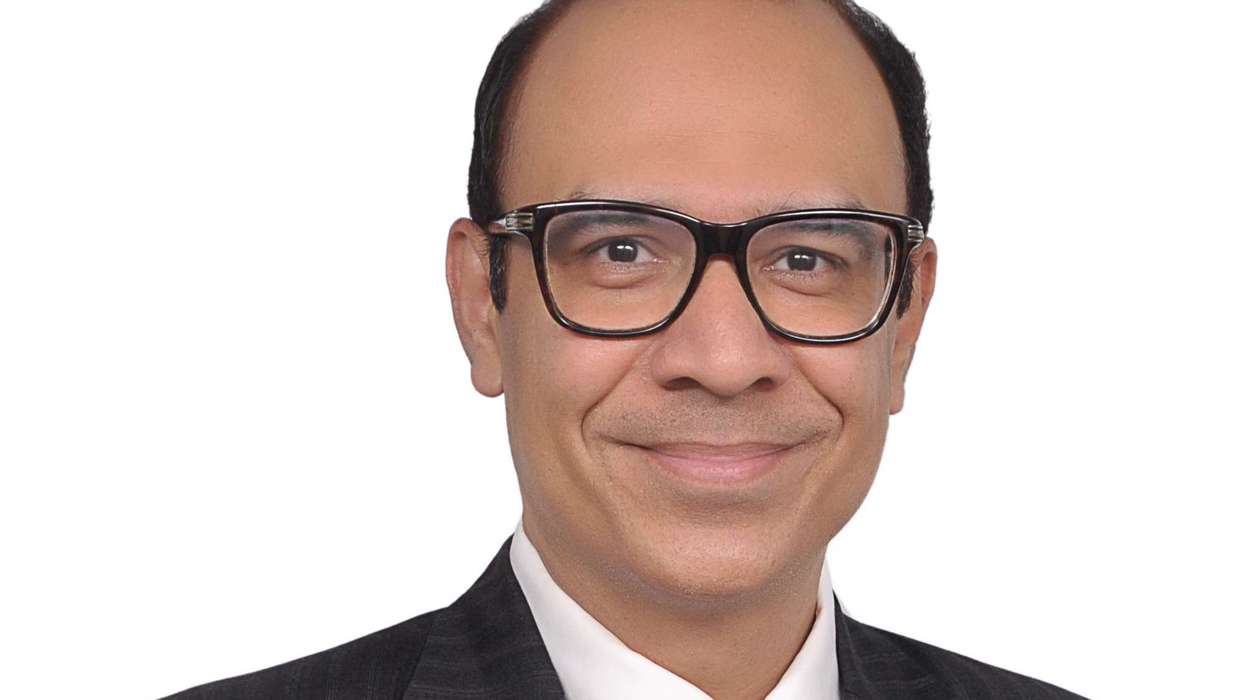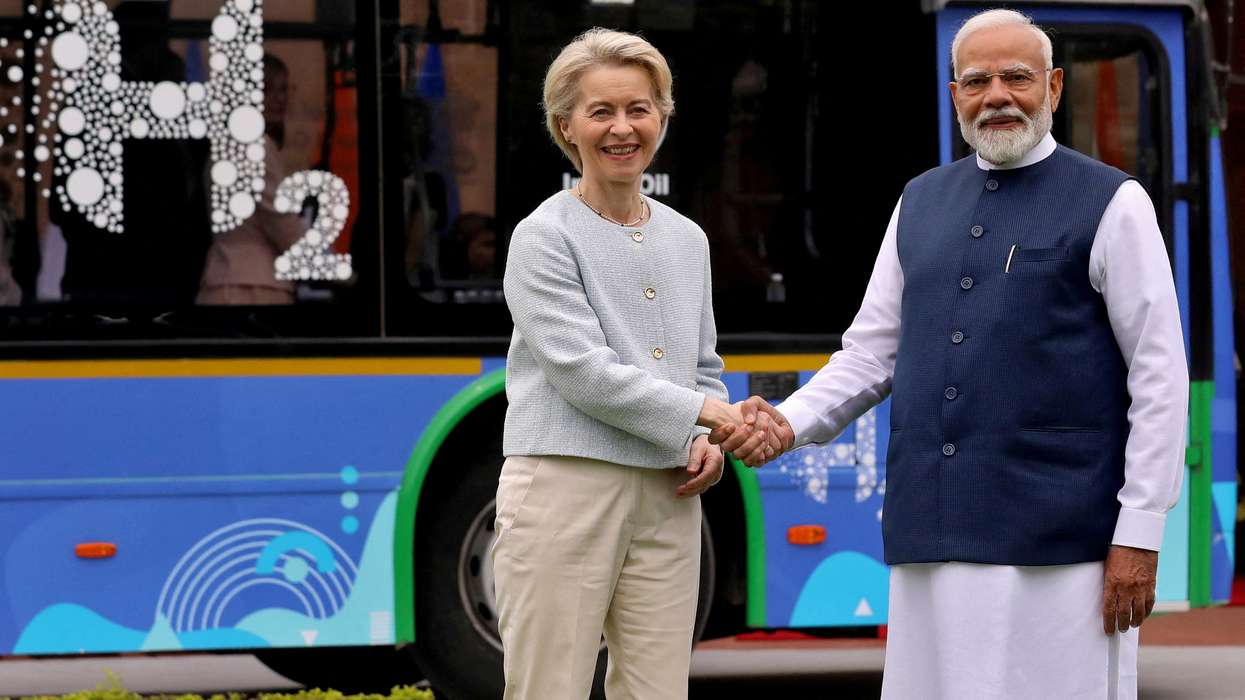Delhi Capitals survived a blazing 94 by Liam Livingstone for a consolation 15-run win to push Punjab Kings to the brink of IPL elimination on Wednesday (17).
South Africa's Rilee Rossouw smashed an unbeaten 82 to guide Delhi to 213-2, a total that was threatened by Livingstone's 48-ball blitz in the Himalayan hill town of Dharamsala.
Livingstone and Atharva Taide put on a 78-run stand. After Taide retired out on 55, the rest of the batting fell flat.
Delhi, who were already out of the play-off-race, kept the opposition to 198-8 despite Livingstone's nine sixes and sloppy fielding, including two dropped catches.
"It was a bad performance in the field but we will take the win," Delhi skipper David Warner said.
Punjab stay eighth in the 10-team table and need to win their final group match and depend on other results and net-rate to make the play-offs.
"It was frustrating," Punjab captain Shikhar Dhawan said. "We didn't bowl really well in the first six wickets, we should have taken some wickets the way it was swinging."
IPL heavyweights Mumbai Indians and Chennai Super Kings are two of the seven teams in contention for three remaining play-off spots in the T20 tournament.
Defending champions Gujarat Titans became the first team to qualify for the play-offs early this week and assured themselves a top-two finish in the group stage.
Warner (46) and Prithvi Shaw (54) put on 94 runs for the opening wicket to lay the foundation for Delhi's mammoth total.
The left-handed Warner set the pace with his attacking 31-ball knock as he hit former Delhi pace bowler Kagiso Rabada for two sixes.
Punjab left-arm quick and big buy Sam Curran denied Warner his fifty, but the left-handed Rossouw came in attacking with sixes and fours.
Shaw raised his fifty before falling to Curran. Rossouw finished off the innings with a destructive partnership with England's Phil Salt.
Rossouw, who struck his first IPL half-century and was named man of the match, and Salt, who hit a 14-ball 26, took apart the opposition attack as they scored 41 runs in the final two overs.
(AFP)





